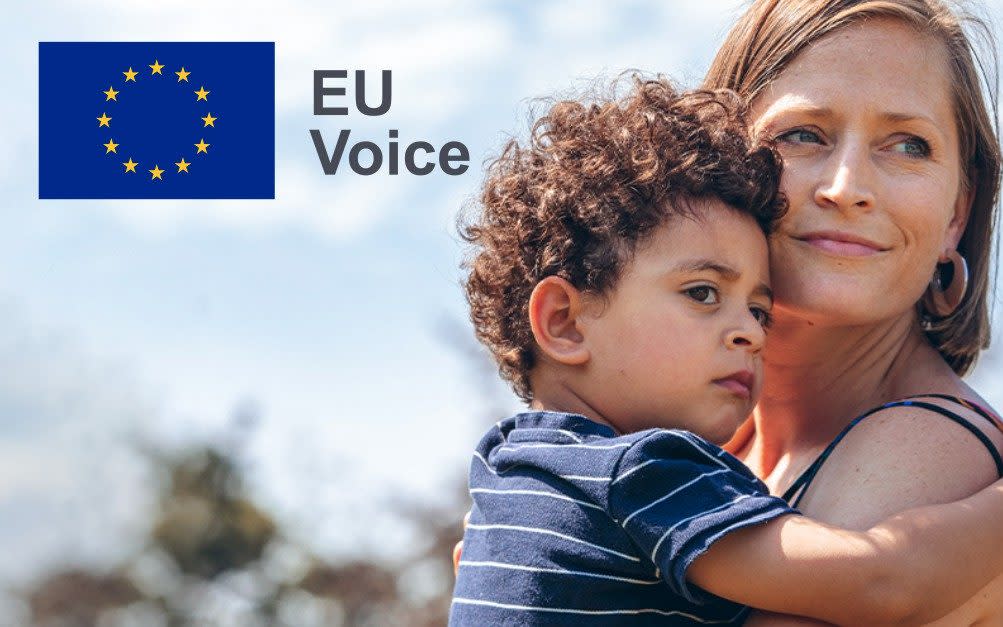Brussels scraps ‘privacy-friendly’ Twitter rival with just 18 active accounts

The EU is to shut down its “privacy-friendly” Twitter rival after it attracted just 18 active accounts and failed to secure public funding to keep it running.
The European Data Protection Supervisor (EDPS) said it would stop operating EU Voice, as well as YouTube alternative EU Video, on May 18, two years after setting up the two social feeds.
The projects were launched as an effort to demonstrate that social networks can be run without advertising, respecting privacy and with data stored on EU soil.
The EDPS said it had been successful but had failed to secure financial backing from other EU institutions to keep it running.
EU Voice is a Twitter-like social feed that runs on technology provided by Mastodon, an advertising-free system of social networks.
It allows EU politicians and bodies to set up accounts and broadcast posts to followers.
Citizens could not open accounts through the EU’s server but could follow accounts and like posts if they had signed up to a separate Mastodon provider.
EU Video, meanwhile, functions like YouTube and operates on PeerTube, an open-source technology for hosting videos.
However, the services have had limited use. The EDPS said 40 EU bodies and politicians had signed up to EU Voice. However, the Mastodon server says that just 18 of these were active.
Politicians like EU competition chief Margrethe Vestager signed up but never posted on the service.
While the official European Commission account had 100,000 followers, others had a few hundred or thousand.
Wojciech Wiewiórowski, the head of the EDPS, said the project had been “successful in delivering alternative, privacy-friendly and user-focused social media platforms”.
He added: “Unfortunately, despite our efforts to find a new home for EU Voice and EU Video in other EUIs [EU institutions], we have been unable to secure new ownership to maintain the servers and sustain operations at the high standards that EUIs and our users deserve.”
European governments have a history of trying to set up alternatives to US internet services. French president Jacques Chirac and Germany’s Gerhard Schröder supported Quaero, seen as a multilingual alternative to Google, in 2005.
In 2020, the French government ordered departments to replace Google with Qwant, a French alternative funded by the country’s government.
Last year France banned ministers from using WhatsApp, telling them to adopt the Paris-headquartered alternative called Olvid.
Mr Wiewiórowski said the regulator would help move EU accounts to an alternative provider.
Two years ago, the EDPS set up a pilot of the two feeds, saying it wanted to offer “alternative social media platforms that prioritise individuals and their rights to privacy and data protection”.

The EDPS said: “The EDPS’ pilot project of EU Voice and EU Video proves that community-driven and decentralised social media platforms may prioritise users’ fundamental rights to privacy and personal data, and foster the EU’s digital sovereignty.
“Thus, these platforms are possible, tangible and viable alternatives to commonly-used social media platforms. While this two-year pilot project presented challenges to secure continued support and dedicated resources, its legacy serves as a testament that collaborative efforts, and solutions to shape a safer digital future for the EU are possible.”
The EU has put pressure on commercial social networks to protect privacy. Meta was fined €1.2bn (£1bn) last year for transferring European users’ data overseas, and an EU data protection board recently criticised its decision to charge users for a version of Instagram and Facebook without adverts.
